Should I Be Taking Collagen?
Collagen is being touted as the elixir of wellness, improving everything from skin to digestion. We ask an expert what we need to know about adding it to our diet.
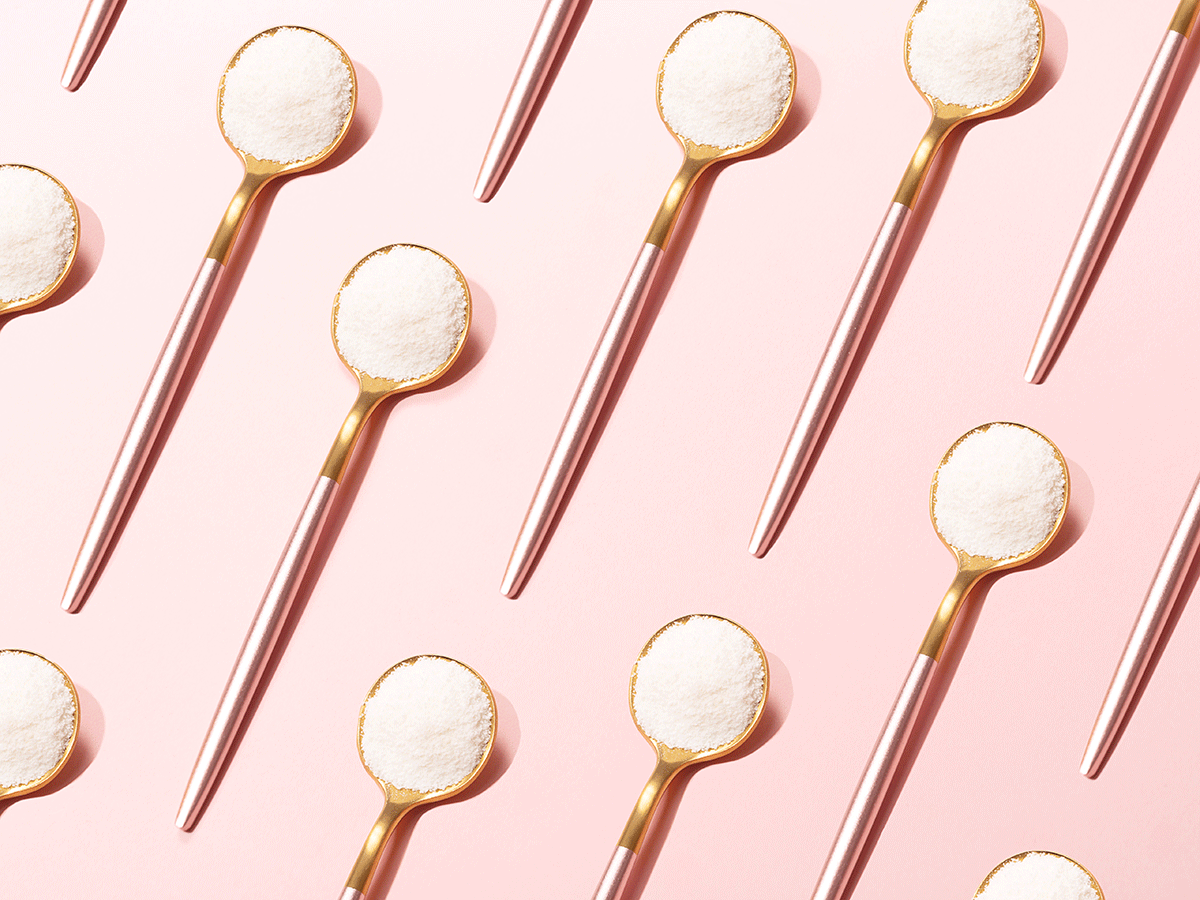
We got the 411 from Leah Gerrard-Cole, founder of Sproos Collagen.
Let’s start from the beginning. What is collagen exactly?
Think of it as a building block, providing strength and structure for our connective tissues. It’s a protein made up of long chains of linked amino acids, and it’s the most abundant source of protein in our bodies. Translation: Collagen is essential for the function of our skin, blood vessels, muscles, tendons, ligaments, bones, and the digestive system. (Also, check out these collagen myths debunked.)
So, isn’t my body producing it constantly?
Once we hit our early 20s, our natural collagen production declines by about 1.5 percent per year. (Check out the signs you’re aging well.) However, consuming collagen has been found to curb this natural decline.
Why does collagen seem so important all of a sudden?
The main dietary source of collagen is derived from animals—more specifically, the parts of the animals that aren’t popular in today’s recipes. Traditional diets that included the whole animal were also rich in gelatin, the precursor to collagen. (Short answer: Diets have changed, so now we need it.)
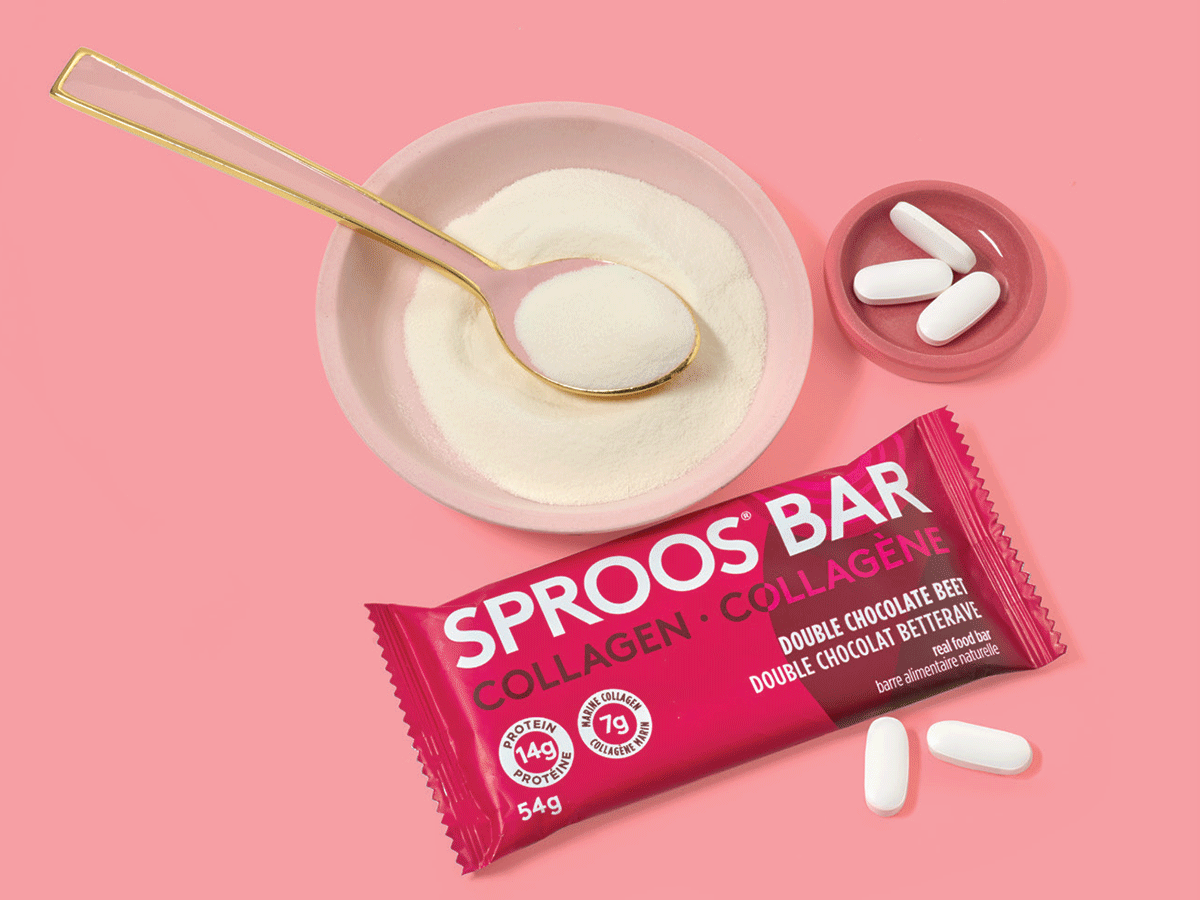
Double Chocolate Beet Collagen Bars (bok of 12), $40; sprooslife.com
How much do I need to take?
We recommend taking 10 grams of high-quality collagen each day (look for local “wild-caught” marine collagen and “grass-fed” bovine collagen). Also, dietary collagen is hydrolyzed, meaning that it contains a smaller molecular structure and, once ingested, becomes available as peptides in your bloodstream.
Is it hard to consume? I don’t want to dread it every day. What’s the best way to take it?
I prefer powdered collagen—it is flavourless and dissolves into liquids like water, smoothies and coffee, making it easy for your body to digest and absorb. Often, ready-to-drink liquid collagens have other ingredients in them and aren’t in pure form. Pills are probably my least favourite option because you can’t fit much into a capsule, so you’ll have to take several of them. Drinking bone broth is a good way to ingest collagen because it’s a whole food and contains other nutrients, too.
Our favourite way to consume collagen? In our Peach Matcha Collagen Smoothie.
Don’t want to take collagen? You can also apply it. Check out our editor-approved picks below.
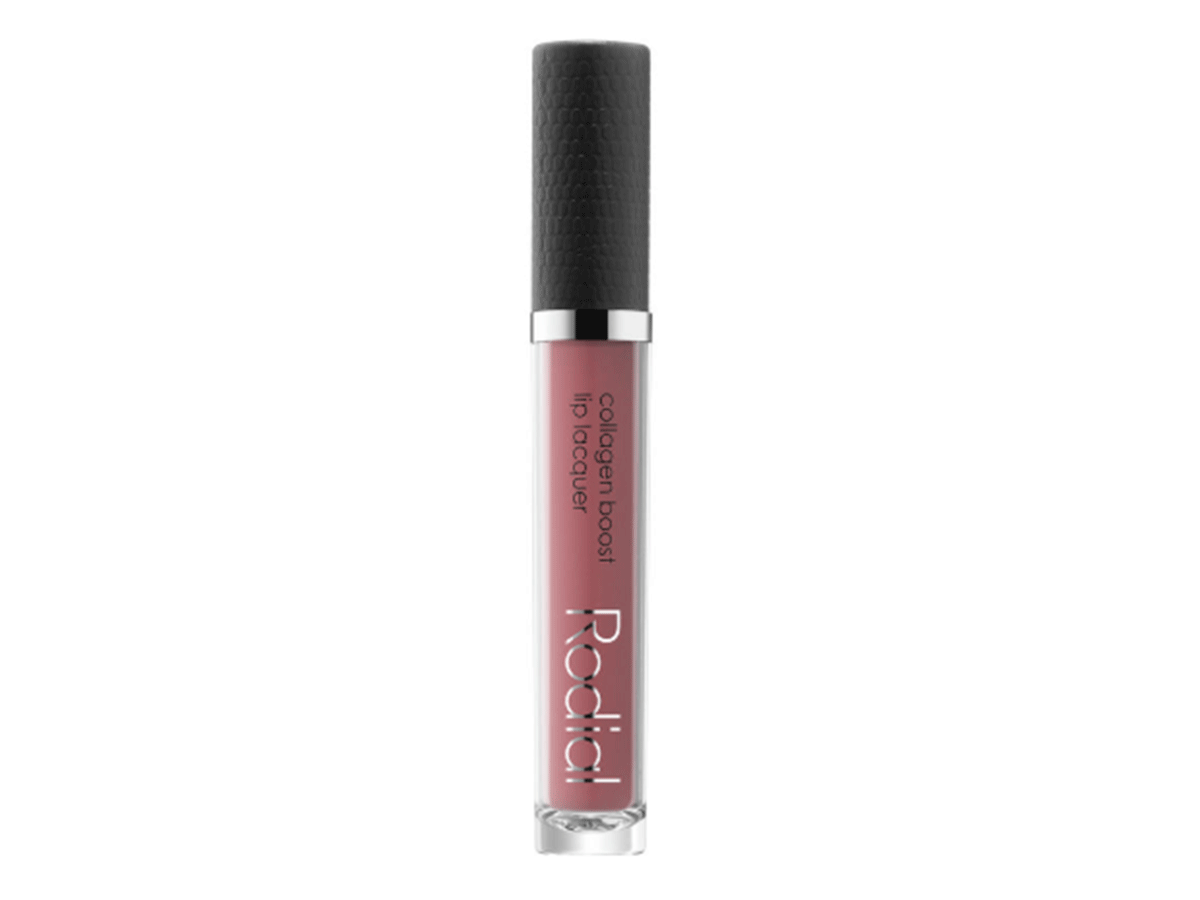
This creamy, hydrating gloss plumps up your lips.
Rodial Collagen Boost Lip Lacquer, $35; shoppersdrugmart.ca
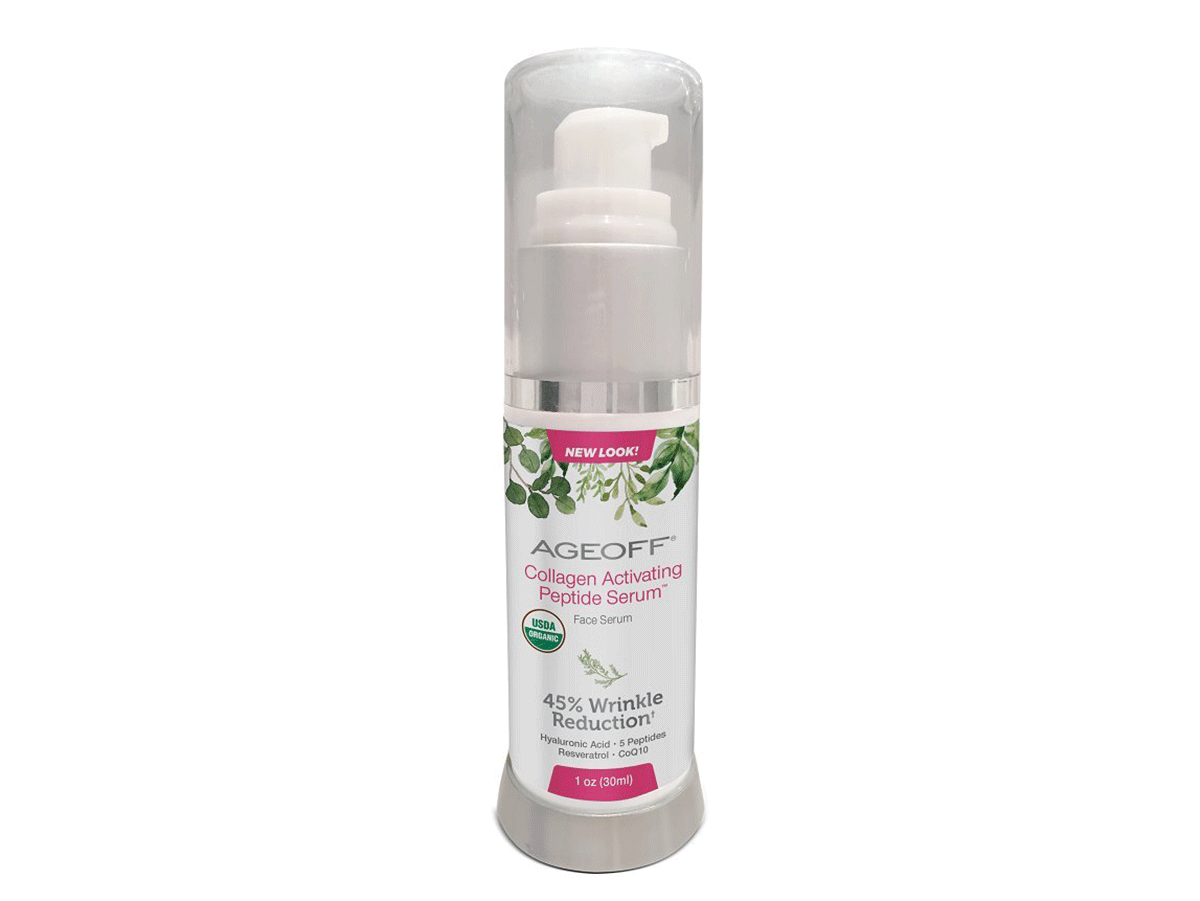
This hyaluronic acid formula boosts collagen and elastin production for supple skin.
Ageoff Collagen Boost Activating Peptide Serum, $50; well.ca
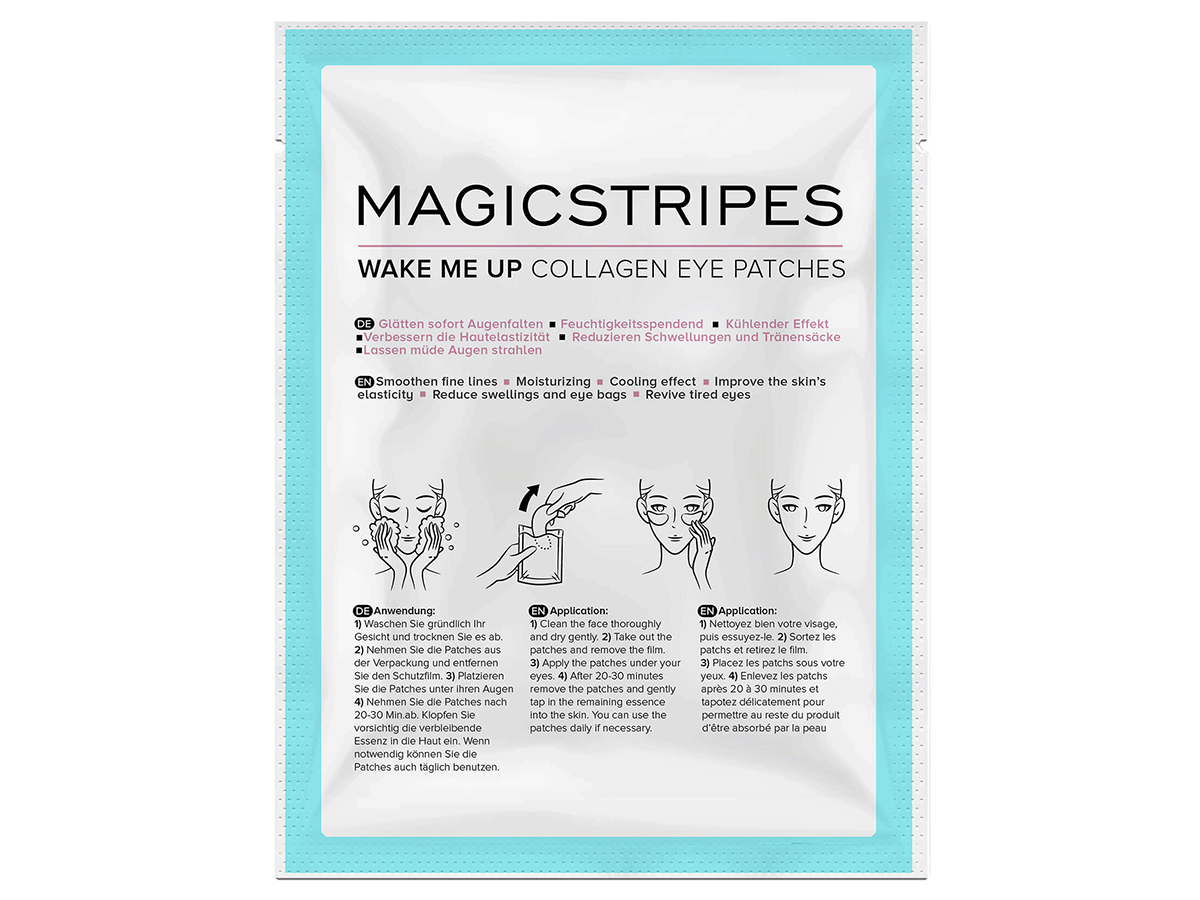
Soothing, cooling eye patches reduce wrinkles and revive tired eyes after just one use.
Magic Stripes Wake Up UP Collagen Eye Patches, $10 USD, anthropologie.com
Next, check out the best collagen supplements available in Canada.




